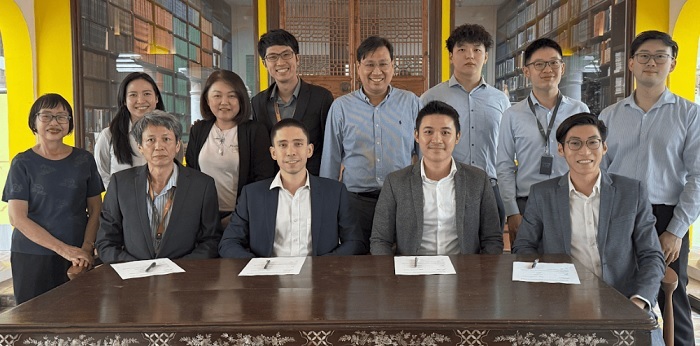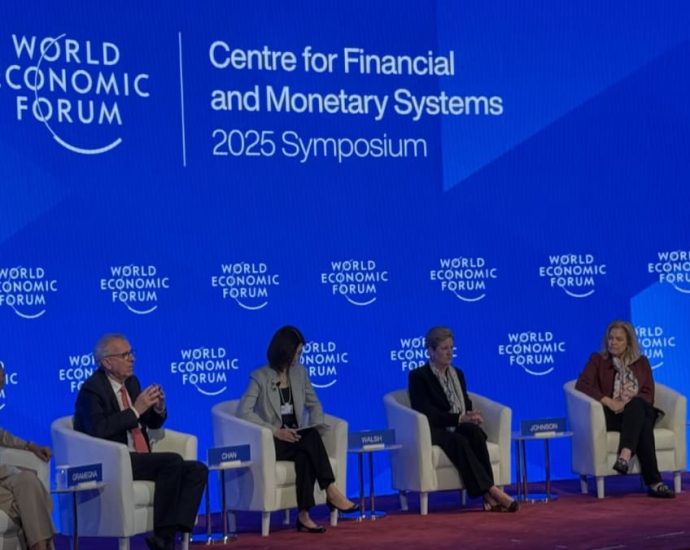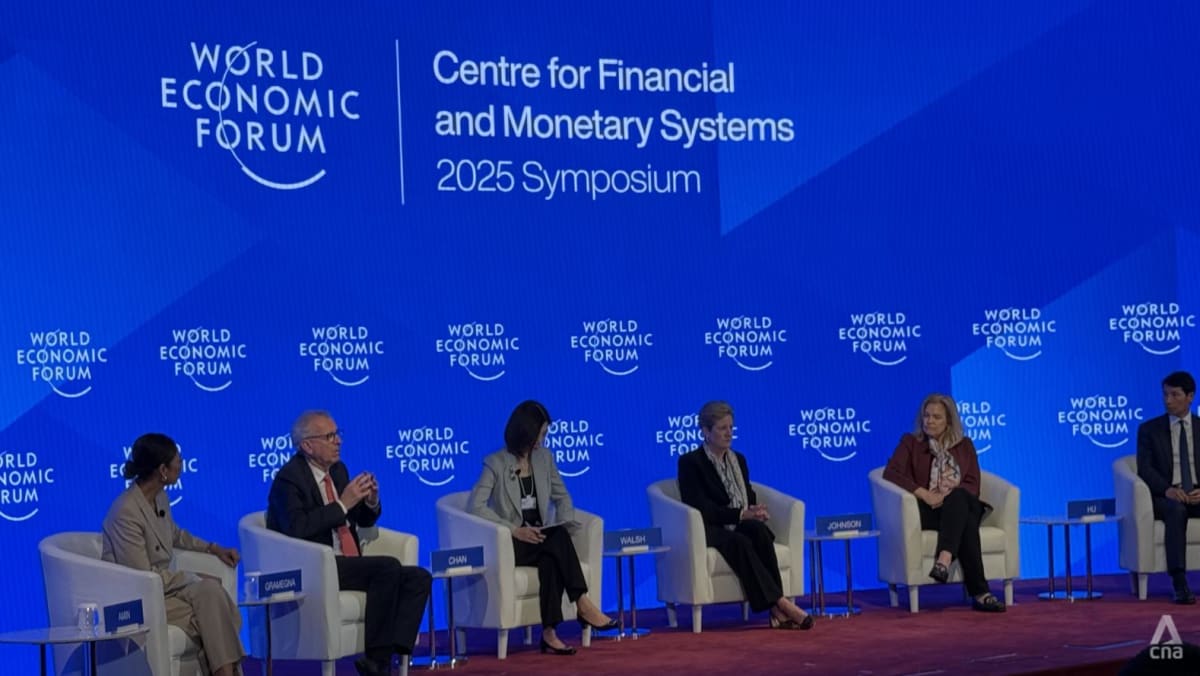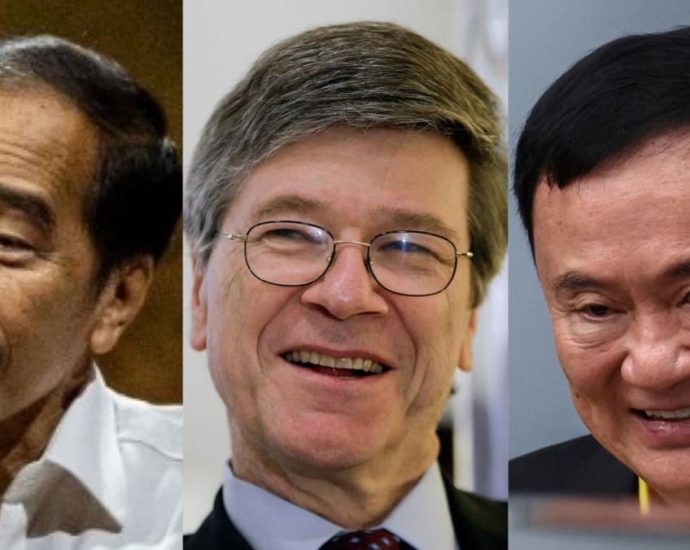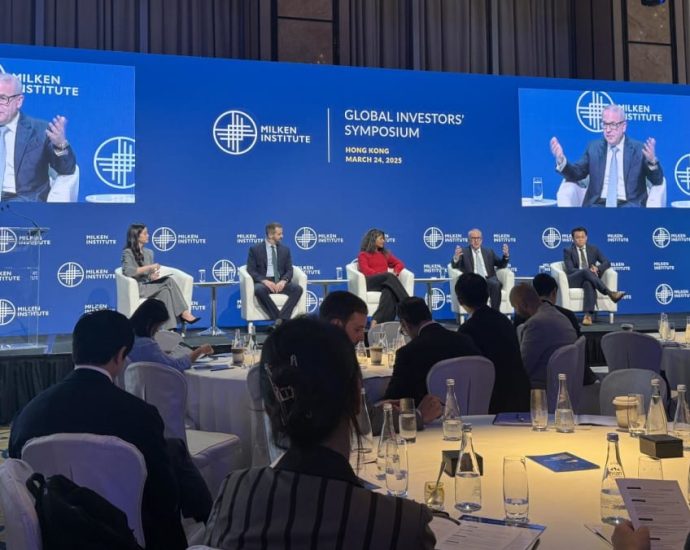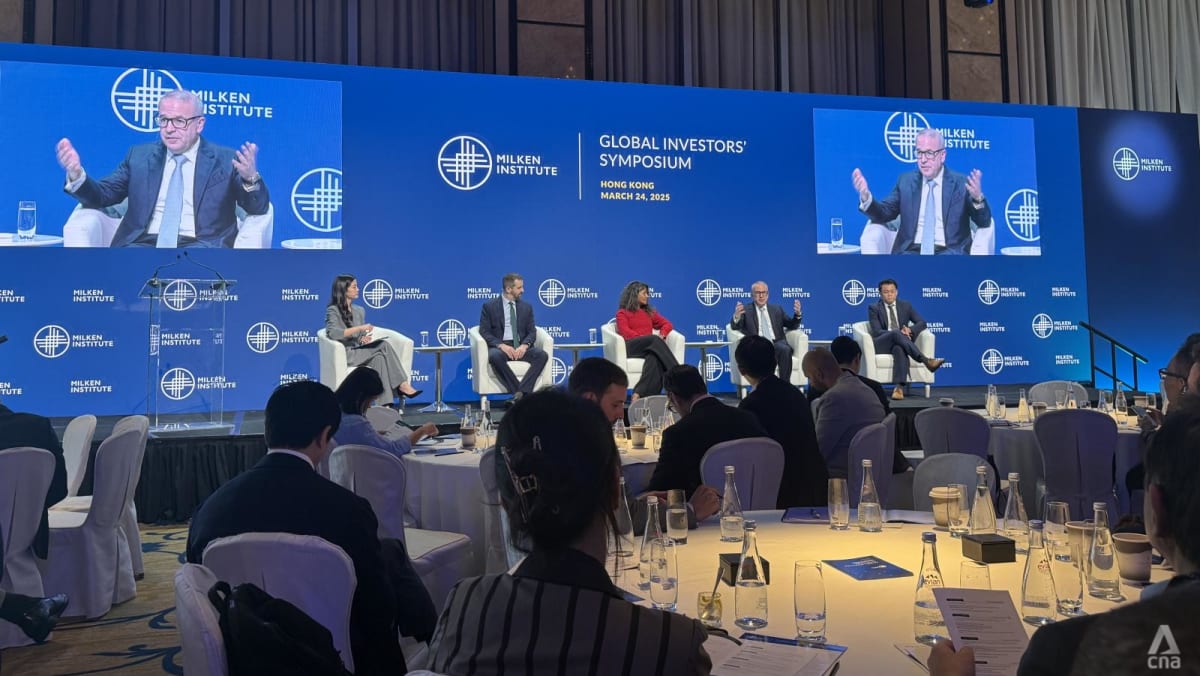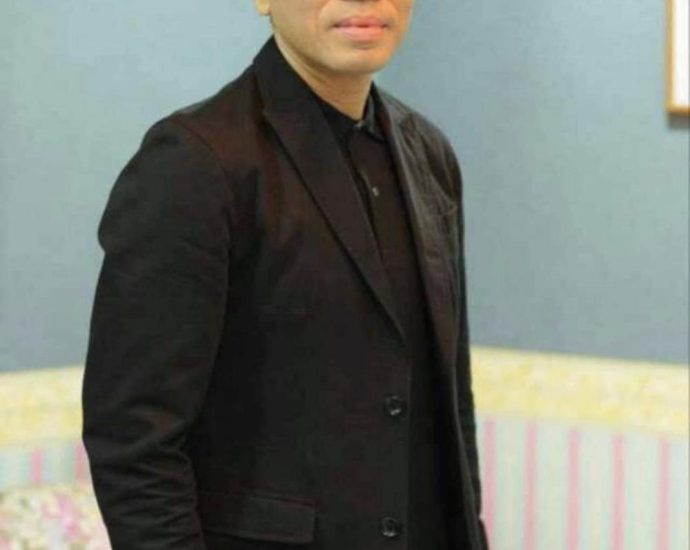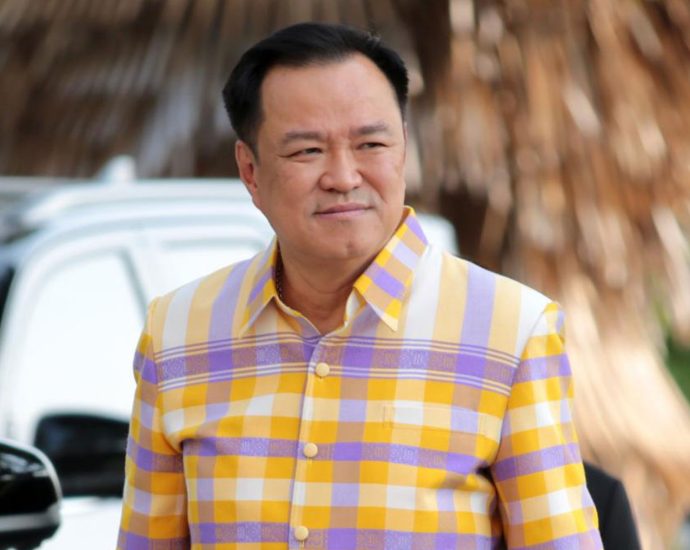In latest acquisition, Catcha Digital acquires Theta Service Partner to enter banking software sector
- Conditional agreement for 92.5% in Theta Service Partner for approximately US$7.9m cash
- Strategic entry into banking software sector for Catcha Digital as it builds out its digital ambitions

Catcha Digital Bhd announced on Wednesday its third acquisition in just the month of March, matching the three it made in the entire 2024. Its wholly-owned subsidiary, Catcha Theta Holdings Sdn Bhd has entered into a conditional share sale agreement to acquire 92.5% equity interest in Theta Service Partner Sdn Bhd (Theta) for a cash consideration of approximately US$7.9 million (RM35 million) (subject to adjustments as set out in the conditional share sale agreement), which is split into 4 tranches of RM5.9 million, RM6.6 million, RM11.2 million and RM11.3 million respectively.
[RM1 = US$0.22]
The second, third and fourth tranche payments are tied to expected profit after tax of not less than RM3.5 million, RM4 million and RM5 million for the financial year ended/ending 31 Dec (FYE) 2024, FYE 2025 and FYE 2026, respectively. This strategic acquisition marks Catcha Digital’s expansion into the banking software solutions sector, specifically in loan origination software. In FYE 2023, Theta and its subsidiaries (Theta Group) recorded a profit after tax (PAT) of RM3.4 million. This transaction is expected to contribute positively to Catcha Digital’s earnings.
Theta is a leading provider of loan origination software for financial institutions through its flagship product ORIGINS – a comprehensive lending solution that streamlines operations across retail, SME, and commercial segments.
Theta Group has gained traction among major financial institutions globally, maintaining long-term relationships spanning over two decades with some of Southeast Asia’s largest banking groups (ranked by total assets) for their operations across the region, including one of the largest banks in Singapore, one of the largest banks in Malaysia, and a prominent Pan-Asian bank headquartered in Taiwan.
“This acquisition represents a strategic entry into the banking software sector and is well-aligned with our vision of building a comprehensive digital technology group. What particularly impressed us about Theta Group was their deep domain expertise in loan origination systems, evidenced by their long-standing relationships with major financial institutions across multiple markets. Their proven track record in delivering mission-critical software solutions to its long term customers, combined with a proven management team with deep domain expertise, presents compelling sustainable growth opportunities,” said Patrick Grove, Chairman of Catcha Digital.
“Joining forces with Catcha Digital strengthens our ability to capture the significant opportunities we see in the banking software sector. Over our 25-year journey, we’ve witnessed firsthand how critical robust loan origination systems have become for financial institutions’ operations, alongside the tailwind presented by tighter regulation amongst the banking industry globally. The market is now demanding more sophisticated solutions, particularly around artificial intelligence and cloud capabilities. Catcha Digital’s strategic support and regional network will be instrumental as we accelerate our next phase of growth,” said Leong Kwok Hung, Managing Director of Theta.
The proposed acquisition aligns with Catcha Digital’s vision to diversify its business to include information technology solutions business and build the leading digital group in ASEAN, targeting the region’s fast-growing digital economy, valued at approximately RM1 trillion according to Google, Temasek, and Bain & Company’s 2024 SEA e-Conomy report. The Group continues to seek strategic investments and proposed acquisitions that complement its existing segments while expanding its presence in the digital economy beyond digital media.
Including the proposed acquisition of Theta, Catcha Digital has announced six strategic acquisitions in the last five months, each positioned to strengthen its foothold in the digital economy and contribute positively to future earnings. The aggregate expected profit to be achieved by each target company is approximately RM21.1 million, based on their respective 12-month post-completion periods or FYE 31 December 2025 where applicable.
- On 17 March 2025, Catcha Digital announced an acquisition of 51% interest in DS Services Sdn Bhd (Digital Symphony) for RM22.95 million. The payment, to be made in three tranches over 24 months, is contingent on Digital Symphony achieving a PAT of RM4.5 million in the first 12 months post-completion and RM4.2 million in the subsequent 12 months. The acquisition has not been completed as it is pending the fulfilment of the conditions precedent under the conditional share sale agreement.
- On 14 March 2025, Catcha Digital announced an acquisition of 60% interest in Framemotion Studio Sdn Bhd for RM37.32 million. The payment, to be made in three tranches over 24 months, is contingent on Framemotion achieving a profit after tax and minority interest of RM6.8 million in the first 12 months post-completion and RM6.8 million in the subsequent 12 months. The acquisition has not been completed as it is pending the fulfilment of the conditions precedent under the conditional share sale agreement.
- On 20 Dec 2024, Catcha Digital announced a 60% acquisition of Drive 2 Digital Sdn Bhd (D2D) for RM16.2 million. The payment, to be made in three tranches over 24 months, is contingent on D2D achieving a PAT of RM3.5 million in the first 12 months post-completion and RM4.2 million in the subsequent 12 months. The acquisition has not been completed as it is pending the fulfilment of the conditions precedent under the conditional share sale agreement.
- On 19 Dec 2024, Catcha Digital announced a 70% acquisition of Tastefully Malaysia Sdn Bhd for RM7.6 million. The payment, to be made in four tranches over 36 months, is contingent on Tastefully achieving a PAT of RM0.5 million for the FYE 2024, RM1.1 million for the first 12 months after completion, RM1.4 million for the subsequent 12 months, and RM1.6 million for the final 12 months. The acquisition has not been completed as it is pending the fulfilment of the conditions precedent under the conditional share sale agreement.
- On 28 Nov 2024, Catcha Digital announced a 51% acquisition of Nexible Solutions Sdn Bhd for RM11.3 million, which was completed on 22 Jan 2025. The purchase consideration are to be paid in four tranches and is tied to the achievement of the profit after-tax guarantee (PAT Guarantee) over the period of 36 months, broken down into PAT Guarantee of RM0.7 million, RM1.2 million, RM2.2 million and RM3.3 million for the 12-month period ended 31 December 2024, 31 December 2025, 31 December 2026 and 31 December 2027 respectively.

